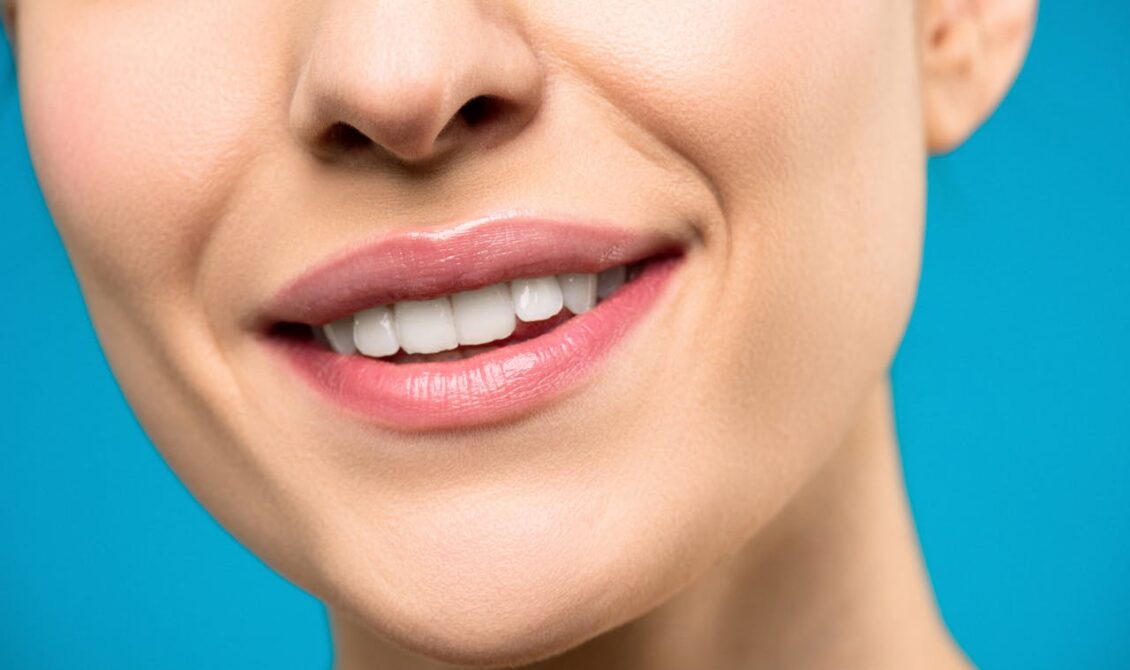A bright, white smile isn’t just about aesthetics—it’s a reflection of good oral hygiene and confidence. Over the years, many people have sought ways to achieve that perfect smile, but with so much misinformation out there, it’s easy to fall into the trap of harmful teeth whitening techniques.
From personal experience, I used to believe that brushing harder or using DIY remedies like baking soda daily would help me achieve whiter teeth. Little did I know, some of these methods were causing more harm than good. It wasn’t until I consulted dental experts that I learned the proper ways to whiten my teeth safely and effectively.
If you’re looking to brighten your smile without damaging your enamel, this guide will walk you through the best and safest methods available today.
Why Do Teeth Become Stained?
Before diving into whitening solutions, it’s important to understand why teeth lose their brightness. Coffee, tea, red wine, and dark-colored foods are common culprits that can stain teeth over time. Poor oral hygiene also contributes to discoloration, as plaque buildup leads to a dull appearance. As we age, enamel naturally wears down, revealing the yellowish dentin underneath. Smoking and tobacco use leave deep stains, while certain antibiotics and medications can cause intrinsic discoloration that is harder to remove.
Safe and Effective Methods to Whiten Your Teeth
Professional Teeth Whitening
If you want guaranteed results, visiting a dentist for professional whitening is one of the most effective approaches. In-office whitening involves strong bleaching agents applied under controlled conditions, sometimes enhanced with a UV light or laser. Some dentists also provide custom take-home kits with whitening gel and trays designed to fit your teeth, offering gradual but noticeable improvement over time.
Over-the-Counter Whitening Products
For those looking for a more affordable approach, several drugstore options are available. Whitening strips are thin plastic layers coated with peroxide-based gel that adhere to your teeth. Whitening toothpaste contains mild abrasives and chemicals that help remove surface stains with consistent use. Whitening mouthwashes, while not as potent as other methods, can provide mild whitening effects over time with daily use.
Natural Whitening Methods: Do They Work?
Some natural remedies are popular, but not all are safe or effective. Baking soda and hydrogen peroxide can help remove stains, but they should be used sparingly to avoid enamel erosion. Oil pulling with coconut oil is a traditional practice that promotes oral health, but its whitening effects are minimal. Apple cider vinegar is sometimes suggested as a whitening agent, but its acidity can weaken enamel if used too frequently. Activated charcoal is another trendy option, but its abrasiveness may do more harm than good in the long run.
Lifestyle Changes for Long-Term Whitening
Whitening treatments can be temporary if you don’t maintain good habits. Regular brushing and flossing help prevent plaque buildup, while rinsing your mouth after consuming staining foods or drinks can minimize discoloration. Quitting smoking or using tobacco products is one of the best ways to preserve a bright smile. Even small changes, like drinking coffee through a straw, can reduce the risk of staining. For long-lasting results, Nuffield Dental offers personalized advice and follow-up care to help you keep your smile white and healthy between treatments.
Common Myths About Teeth Whitening
There’s a lot of misinformation regarding teeth whitening. One common myth is that lemon juice can brighten teeth. While it has natural acidity, it also erodes enamel, leading to long-term damage. Another misconception is that whitening treatments weaken teeth. When done correctly, professional whitening does not harm enamel. Some believe that crowns and fillings can be whitened, but these restorations do not respond to whitening agents in the same way natural teeth do.
Conclusion
Achieving a bright smile is possible when done the right way. Whether opting for professional whitening, over-the-counter products, or making lifestyle changes, the key is to use safe and effective methods.
If you’ve struggled with discoloration in the past, take it from someone who’s been there—choosing the right approach will not only give you a whiter smile but also improve your overall oral health. Making informed decisions today will help you maintain a confident, radiant smile for years to come.
FAQs
How long does teeth whitening last?
The effects can last anywhere from six months to three years, depending on lifestyle habits and the method used. Regular maintenance and good oral hygiene play a big role in prolonging results.
Is teeth whitening safe for sensitive teeth?
Yes, but those with sensitivity should opt for lower-concentration peroxide treatments or consult a dentist for recommendations tailored to their needs.
Can children whiten their teeth?
Whitening is generally not recommended for children under 16, as their enamel is still developing and may be more susceptible to damage.
How often can I whiten my teeth?
Overusing whitening treatments can lead to enamel erosion and increased sensitivity. Professional treatments are usually recommended once or twice a year, while over-the-counter products should be used according to the manufacturer’s guidelines.
Can I whiten my teeth if I have braces?
Whitening while wearing braces can result in uneven coloring, as the brackets cover certain areas of the teeth. It’s best to wait until after the braces are removed for a more uniform result.









Leave a Reply
View Comments